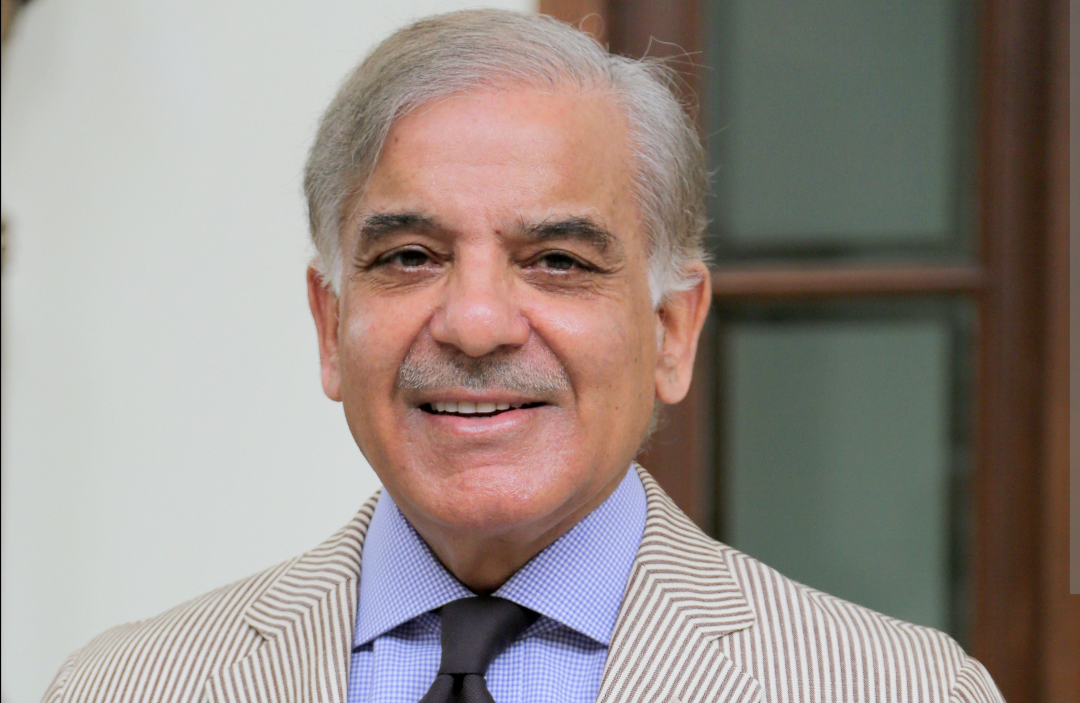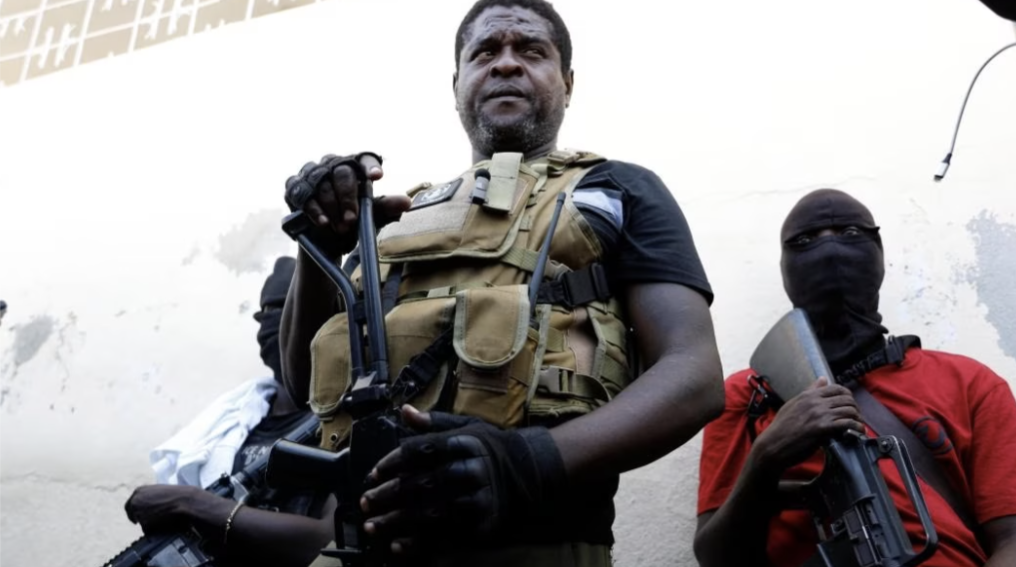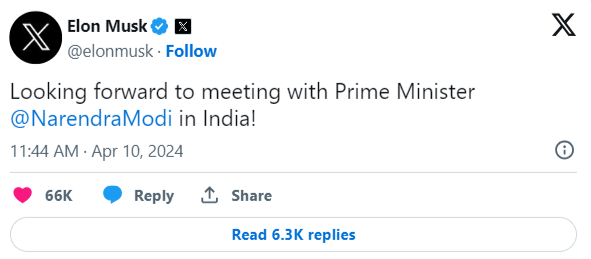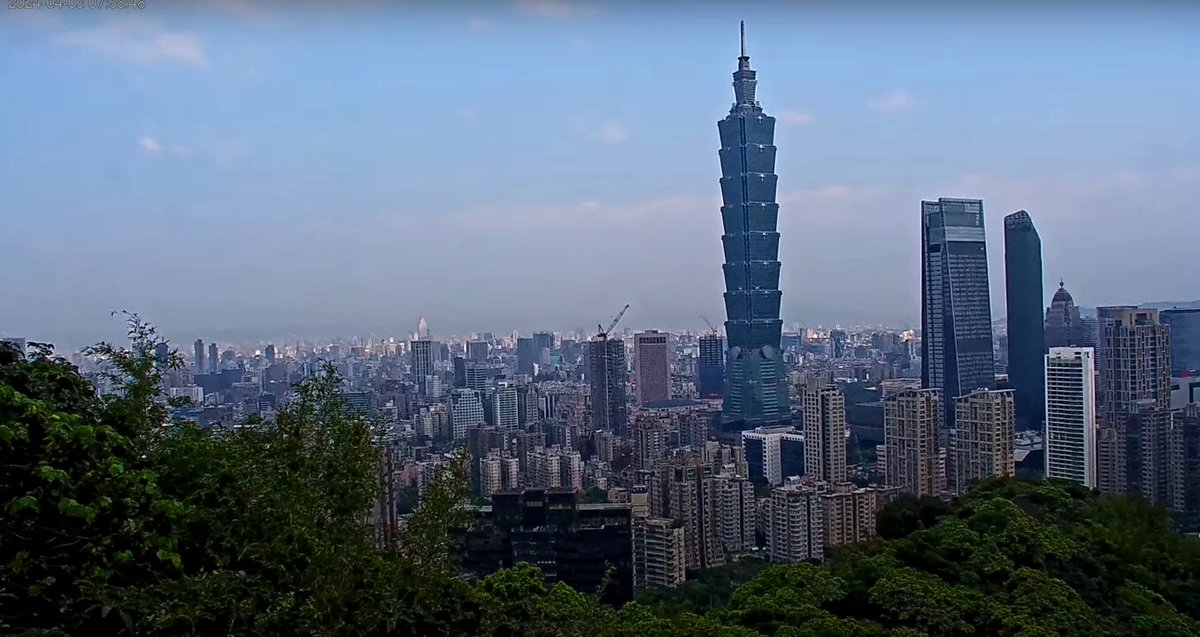In a political landscape marred by contention and allegations of unfair play, Shehbaz Sharif’s re-election as Pakistan’s Prime Minister unfolds a new chapter in the nation’s complex political narrative.
Amidst vocal protests from Imran Khan’s allies, who decry the legitimacy of the recent electoral process, Sharif’s victory signifies more than just a political win; it underscores the persistent tug-of-war between democracy and dissent within Pakistan.
The tumultuous journey to Sharif’s re-election was anything but smooth. The backdrop of Khan’s imprisonment on multiple charges, coupled with his bar from seeking or holding office, paints a stark picture of political vendettas and legal battles that have come to define Pakistani politics. Sharif’s ascent to power, following a no-confidence vote that ousted Khan in April 2022, was a testament to the volatile nature of the nation’s governance.
The election process itself, marred by allegations of rigging, militant violence, and an unprecedented nationwide mobile phone shutdown, raises critical questions about the integrity of democratic practices. Khan’s Pakistan Tehreek-e-Insaf party’s refusal to engage in coalition talks further exacerbated the political deadlock, leading to Sharif’s alliance securing the necessary majority post-election.
Sharif’s victory speech, laden with promises of political reconciliation and economic rejuvenation, offers a glimmer of hope in a country beset by myriad challenges. However, his calls for unity are met with resistance, as the opposition’s cries of “vote thief” echo the deep-seated mistrust and division that plagues Pakistan’s political arena.
The allegations of vote rigging, vehemently denied by the Election Commission but staunchly upheld by Khan’s supporters, underscore the profound crisis of confidence in the nation’s electoral process. This discord, if left unaddressed, threatens to undermine the very foundations of democracy in Pakistan.
Sharif’s focus on mending ties with the United States and navigating the economic turmoil through foreign loans and potential IMF bailouts reveals the precarious balance between political stability and economic viability. The specter of militant attacks, the delicate relationship with Taliban-run Afghanistan, and the perennial issue of infrastructure decay further compound the challenges facing Sharif’s administration.
The opposition’s unwavering support for Imran Khan, evidenced by Ayub’s passionate defense of his leader’s “bravery,” highlights the polarized nature of Pakistani politics. The demands for an investigation into the election’s integrity reflect a deep-seated yearning for transparency and fairness, values that are indispensable for the health of any democracy.
As Shehbaz Sharif steps into his role with the daunting task of uniting a fractured nation and steering it towards economic and political stability, the road ahead is fraught with obstacles. The essence of his leadership will not solely be defined by his ability to govern but by his capacity to heal the divisions that threaten the fabric of Pakistani society.
The international community, too, watches closely, as evidenced by Chinese President Xi Jinping’s swift congratulations. The global implications of Sharif’s premiership, particularly in terms of geopolitical dynamics and international relations, will undoubtedly be a focal point in the coming months.
As Pakistan stands at this critical juncture, the true test for Sharif will be his ability to transcend political rivalries and forge a path of inclusivity, progress, and stability. The nation’s future hinges not just on the resolution of its immediate crises but on the establishment of a political culture grounded in integrity, transparency, and the unwavering pursuit of democratic ideals.



